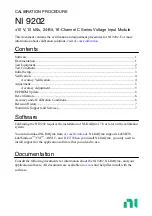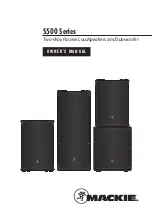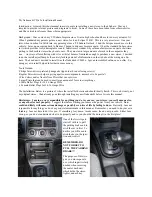
□
1. Outside Environment Check.
The system is accessible and nothing inhibits access to maintenance.
•
Surface water is draining away from risers and covers.
•
No signs of physical damage to the treatment system, piping, alarms or components
•
No unusual smells around the system.
•
No unusually loud blower noise, such as rattling.
□
2. Blower Box Check.
•
Open the blower box, make sure that it is operating properly.
•
Inspect all fittings and vents to ensure they are clean and dry and that blower is located
so that it is protected from dust and particles, will remain dry and not be submerged.
□
3. Blower Operation and Blower Alarm Check.
•
Make sure the blower operates properly.
•
Turn off the blower (unplug or turn off at alarm/control panel breaker switch) for few
moments to check that the alarm is triggered.
Open all access covers and secure the area around the access
openings.
□
4. Water Level is at LWL.
•
Check that tank has been filled to LWL mark in Chamber 1.
□
5. High Water Float Switch Check.
•
Check that the high water float switch is operating
freely. Lift up the high water float switch to check
that the alarm is triggered.
•
(Note: Float
should ha e . tether. A ti atio
horizo is . a o e or elo le el horizo
).
□
6. Set Recirculation Control Valve. (gray)
The recirculation valve (gray) should be set to its default
setting range according to the table below for ALL flows. At
the dis retio of the s ste ’s start
-up technician, within
each default range, the valve shall be at the lower end for
anticipated below average hydraulic flows and at the higher
end for hydraulic flows that are anticipated to be above
average.
Start-Up Procedures
30
Summary of Contents for CE Series
Page 8: ...6 ...
Page 11: ...Co troller A Wiri g Diagram 9 ...
Page 12: ...Co troller C Wiri g Diagram 10 ...
Page 14: ...12 ...
Page 22: ... 20 ...
Page 37: ......
Page 38: ......
Page 39: ......
Page 41: ... PAGE 1 OF 7 PAGES ...
Page 42: ... 30 ELBOW 120 WYE 45 ELBOW 45 BEND PAGE 2 OF 7 PAGES ...
Page 46: ...PAGE 7 OF 7 PAGES ...
















































